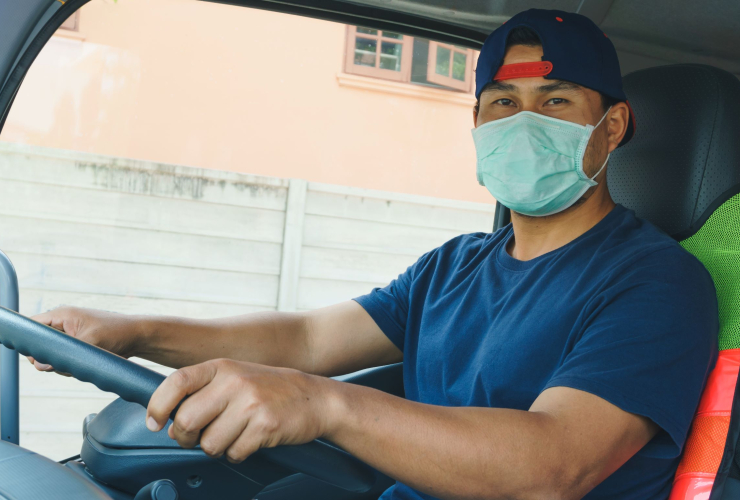This story was originally published by High Country News and appears here as part of the Climate Desk collaboration
Many restaurant workers were already struggling to pay their bills long before COVID-19 swept across the country.
Due to a two-tiered wage system that still operates in 43 states, the restaurant and service industries are only required to pay tipped workers, such as servers and nail salon employees, a subminimum wage. On the federal level, that amounts to just $2.13 an hour. In places like Wyoming and Utah, that’s still the base wage. Other states have worked to increase it, but it varies widely. In New Mexico and Idaho, for example, it’s still under $4.
Now, roughly 5.5 million restaurant workers have seen their jobs vanish in recent weeks, according to the Bureau of Labor Statistics. In many cases, their official earnings were so low that they could not meet the basic income requirements for unemployment.
For nearly two decades, Saru Jayaraman has been working to change the way people view restaurant workers — by advocating for a higher minimum wage across the industry and confronting the service industry’s pervasive racism and sexual harassment. Jayaraman’s résumé is extensive: She co-founded Restaurant Opportunities Centers United, a national nonprofit dedicated to organizing for restaurant workers’ rights, and she is also the director of the Food Labor Research Center at the University of California, Berkeley.
Most recently, as president of One Fair Wage, Jayaraman — who won a James Beard Foundation Leadership Award in 2015 for her research and policy work — has focused on eradicating the subminimum wage while advocating for a $15 minimum one.
High Country News interviewed Jayaraman about the havoc the pandemic has unleashed on the restaurant industry, and whether we can expect positive changes after the dust settles and businesses open again. The interview has been edited for clarity and length.
High Country News: How has COVID-19 impacted workers in the restaurant industry?
Saru Jayaraman: Millions of restaurant workers have lost their jobs. And a majority of them are ineligible for unemployment insurance.
Some of those people are undocumented immigrants who aren't eligible for anything. But a huge percentage of them are non-immigrants who are being denied unemployment insurance. They earn too little to meet the minimum thresholds (which vary by state) to qualify for state unemployment insurance because of their subminimum wage. In other words, it looks to the state like they didn't work full-time. And so there's an automatic rejection for millions of workers.
Congress then passed an additional relief for unemployment insurance and specified this could be used for people who get denied at the state level, but most of the folks talking to us are saying that's not how it's working. In reality, once they're denied at the state level, you’re unable to access the federal funds.
This is a moment when the things that don’t work in America are being laid completely bare. One of those things is: How could a country like ours be paying people $2 an hour?
HCN: Do you have any plans to mobilize for the upcoming election?
SJ: We started the One Fair Wage emergency fund on March 16 and we've raised $20.5 million to hand out to service workers around the country. Around 160,000 workers have applied for cash relief, and we are also mobilizing them to vote on these issues. We are holding tele-town halls, which are virtual rallies (live-streamed via social media platforms like Facebook) where we are highlighting the changes we need to see with candidates.
HCN: After the pandemic, do you see a better path forward for the restaurant industry?
SJ: It's created a moment of opportunity where people are very angry. When you've been working for 20 years, and then you're told you earn too little to get unemployment insurance? People have woken up and are ready to fight for change. And a lot of employers are seeing how bad this is for their workers. We have been working with a lot of employers who previously didn't agree with us that they should pay a full minimum wage, and now they are saying, “I think I'm going to do that when we come back (to work).”
People in criminal justice, reproductive justice, climate justice, food justice, even progressive businesses — we’ve come together in a coalition and are putting out the hashtag, #Reimagine, to get everybody around the country to join us in reimagining what our country could look like. It is a moment of opportunity for change. We all need to reimagine our lives, our businesses, our places of work, our world. For the restaurant industry, that means reimagining what it could look like when everybody gets paid by their employer and does not have to live off of tips.





Comments